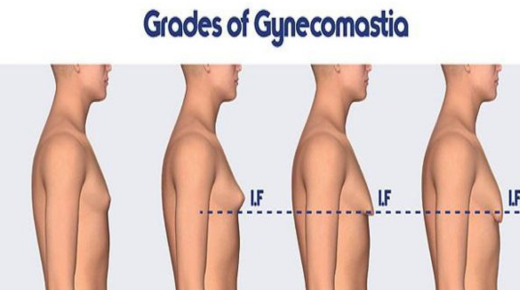1. Introduction to Gynecomastia Surgery
Gynecomastia surgery, a procedure to reduce male breast size, is available in government hospitals at a significantly lower cost compared to private facilities. Let’s delve into the factors influencing the cost and what patients can expect.
2. Affordability of Government Hospitals
Government hospitals offer gynecomastia surgery at a lower cost due to subsidized healthcare services aimed at providing accessible treatment to all socioeconomic groups.
3. Cost Factors
The cost of gynecomastia surgery in government hospitals varies depending on factors such as the hospital’s location, infrastructure, medical equipment, and healthcare policies.
4. Surgical Fees
Government hospitals typically charge nominal surgical fees for gynecomastia surgery, covering the cost of operating room facilities, medical supplies, and healthcare personnel.
5. Consultation Charges
Patients may incur minimal consultation charges for pre-operative assessments, surgical consultations, and post-operative follow-ups with healthcare providers.
6. Diagnostic Tests
Government hospitals may offer diagnostic tests such as blood work, imaging studies, and mammograms at subsidized rates or free of charge as part of the surgical evaluation process.
7. Anesthesia Costs
Anesthesia costs for gynecomastia surgery, administered by an anesthesiologist, are typically included in the overall surgical fees charged by government hospitals.
8. Hospital Stay Expenses
Government hospitals may provide gynecomastia surgery on an outpatient basis or require a short hospital stay, with associated expenses covered by government healthcare programs.
9. Medication Costs
Patients may need to purchase prescribed medications for pain management, infection prevention, and post-operative care at government-subsidized rates from hospital pharmacies.
10. Post-operative Care
Government hospitals offer comprehensive post-operative care, including dressing changes, wound care, and monitoring of surgical outcomes, without additional charges.
11. Financial Assistance Programs
Patients facing financial constraints may qualify for government-sponsored financial assistance programs or health insurance schemes to cover gynecomastia surgery costs.
12. Accessibility and Availability
Gynecomastia surgery services in government hospitals are accessible to a larger population, reducing barriers to care and ensuring timely treatment for patients in need.
13. Waiting Times
While government hospitals may experience longer wait times for non-emergency surgeries, patients can benefit from cost-effective gynecomastia surgery once scheduled.
14. Quality of Care
Government hospitals adhere to established medical standards and protocols, providing quality gynecomastia surgery services delivered by trained healthcare professionals.
15. Patient Satisfaction
Despite lower costs, patients undergoing gynecomastia surgery in government hospitals report high levels of satisfaction with the quality of care and surgical outcomes.
16. Public Health Initiatives
Gynecomastia surgery services in government hospitals contribute to public health initiatives aimed at addressing healthcare disparities and promoting equitable access to surgical care.
17. Community Outreach
Government hospitals engage in community outreach programs to raise awareness about gynecomastia, its surgical treatment options, and available resources for affected individuals.
18. Collaborative Care
Multidisciplinary teams in government hospitals collaborate to provide holistic care for patients undergoing gynecomastia surgery, addressing physical, emotional, and psychological needs.
19. Education and Training
Government hospitals prioritize education and training for healthcare professionals in gynecomastia surgery techniques, ensuring safe and effective patient care delivery.
20. Research and Innovation
Government hospitals participate in research initiatives and clinical trials to advance gynecomastia treatment strategies and improve surgical outcomes for patients.
21. Community Support Services
Government hospitals may offer support services such as counseling, peer support groups, and educational resources to assist patients before and after gynecomastia surgery.
22. Continuing Care
Patients receive ongoing follow-up care and monitoring after gynecomastia surgery to assess healing progress, address concerns, and optimize long-term surgical outcomes.
23. Patient Advocacy
Government hospitals advocate for patient rights, empowerment, and informed decision-making throughout the gynecomastia surgery process, promoting patient-centered care approaches.
24. Addressing Stigma
Gynecomastia surgery services in government hospitals help address societal stigma associated with male breast enlargement, promoting acceptance and understanding.
25. Conclusion: Accessible and Affordable Surgical Care
In conclusion, gynecomastia surgery in government hospitals offers accessible and affordable surgical care options for individuals seeking treatment for male breast enlargement. Through subsidized healthcare services, patients can undergo gynecomastia surgery with confidence, knowing they are receiving quality care at an affordable cost.

